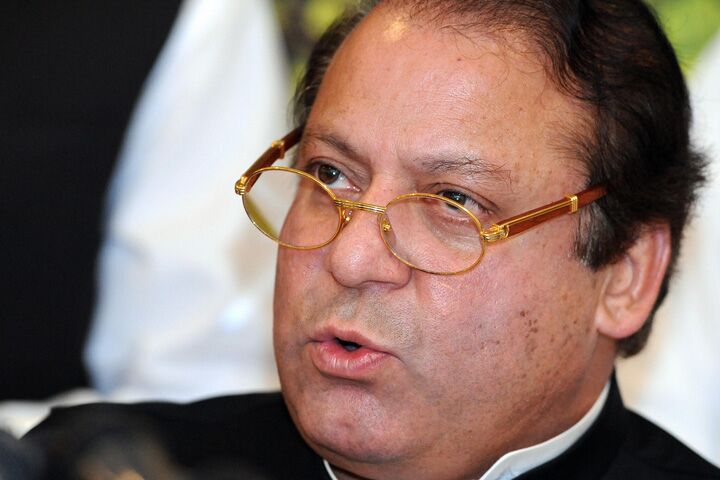
Pakistan’s Government Collapses
Pakistan’s five-month-old coalition government collapsed August 25 after its second-largest party pulled out of the ruling coalition. Not only does this worsen the country’s political crisis, but it will likely make the government even more ineffective in bringing Islamist terrorists under control in Pakistan.
If there was any doubt that a common dislike of President Pervez Musharraf was the only thing holding the fragile government coalition together, that was confirmed when former Prime Minister Nawaz Sharif’s Pakistan Muslim League (pml-n) withdrew from the government just days after Musharraf’s forced resignation. Sharif accused the senior coalition partner, Asif Ali Zardari’s Pakistan People’s Party (ppp), of failing to honor promises to reinstate judges ousted by Musharraf.
The ppp should still be able to retain power by cobbling together smaller parties to form a new coalition government. Rivalry between the two main parties continues over who will be Pakistan’s president, though it is expected that Zardari, who is Benazir Bhutto’s widower, will likely win the post.
Just hours before the pml-n announced its decision to withdraw, the government banned several groups affiliated with the Taliban movement. The ban, however, does not include all Taliban groups, but only those the state has lost control over and that are connected to foreign terrorists. As such, according to Stratfor, it is no more than a formality, since it is difficult for anyone to distinguish between the various types of Taliban.
Moreover, with the pml-n sitting on the opposition benches, the government may find itself even more hamstrung than it has already been in taking effective action against the worsening Islamist insurgency in Pakistan. Sharif’s party had been pushing for negotiated settlements with militants and, as such, it is likely to try and thwart any tough moves against militants by the government.
Meanwhile, the Taliban have become increasingly bold, claiming responsibility for a wave of suicide attacks over recent days.
Record Islamist violence last year was followed by a brief lull following peace agreements made between the government and terrorist groups this February. True to form, it appears the terrorists only used that respite to prepare for more intensive attacks: In the last couple weeks, several suicide bombings have killed more than 100 people. On August 21, two suicide bombers attacked Pakistan’s biggest weapons factory, close to the capital of Islamabad, killing at least 67 people and wounding more than 200. A Taliban group claimed responsibility for the attack, which was one of the most violent incidents in the country’s history. In the latest attack, on Thursday, a bomb blew up a police bus in northwest Pakistan, killing at least 10 people.
Meanwhile, the offensive over recent weeks by Pakistani security forces against Islamic extremists in the northern Swat valley and in Bajaur, which has displaced thousands, is further turning public opinion against the state and its use of force against the Taliban.
A politically unstable Pakistan where Islamist terrorists are getting the upper hand means that the United States and nato are going to find it increasingly hard going in Afghanistan. Read “Democracy, Negotiations and Casualties” for more.
